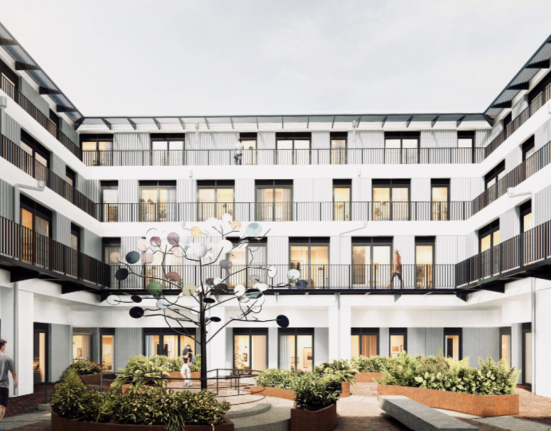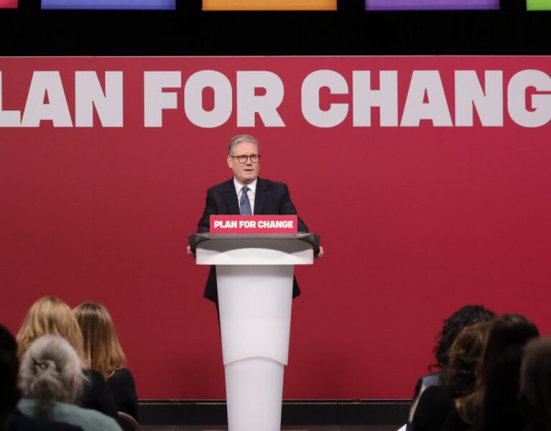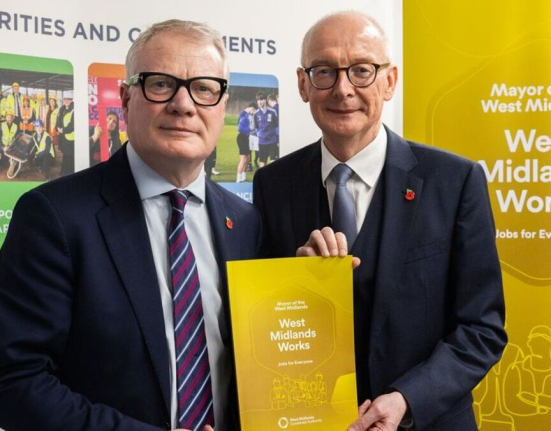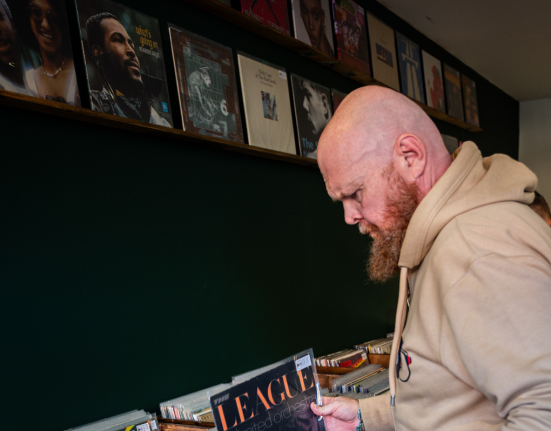Britain has officially claimed the title of the world’s biggest exporter of unscripted television formats – and it’s not just London that deserves the applause.
As the global appetite for reality-based entertainment continues to grow, the West Midlands, and Birmingham in particular, is playing a starring role in Britain’s creative dominance.
Booming genre – unscripted TV formats
Unscripted formats – from The Voice to Love Island, Come Dine With Me to The 1% Club – now account for a third of all new TV adaptations globally.
According to figures reported by the Financial Times, the UK saw an 18% increase in overseas adaptations of its formats in 2024, outperforming all other major exporting countries.
Brum is the centre of the action
Nowhere is this success more local and tangible than in Birmingham, home to the production of MasterChef, one of Britain’s most valuable and recognisable cultural exports.
With dozens of active versions around the world, MasterChef’s global sizzle continues to show no signs of cooling – and it’s all cooked up in the studios of Digbeth. The show exemplifies the blend of originality, accessibility and high production value that makes British formats so globally appealing.
Focus shift away from London
BBC Studios and ITV Studios remain the creative engines behind many of these hit shows, and Birmingham’s growing profile in their production ecosystems signals a powerful shift away from the traditional London-centric TV model.
With the government set to unveil its new industrial strategy this summer – and culture high on the agenda – there’s a strong case for doubling down on investment in the regions.
Key British export
Behind the glossy exteriors and exotic remakes lies a core economic truth: homegrown intellectual property is one of Britain’s most durable and exportable assets. In a climate of streaming volatility and rising US protectionism, making shows for ourselves – and then selling them to the world – is a model rooted in both pride and prudence.
With MasterChef as a local example of global success, Birmingham is no longer just Britain’s second city – it’s a key studio in a world-leading creative powerhouse.







